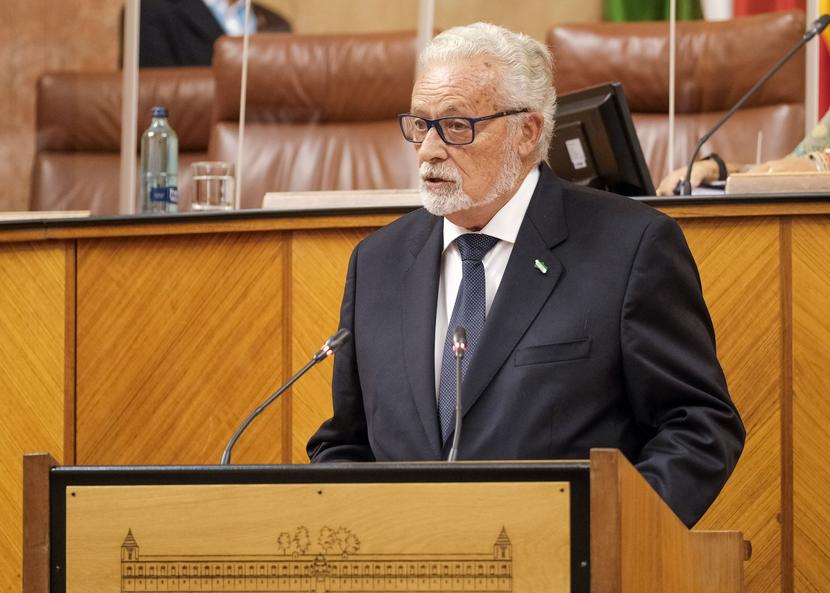(FRA) Step up rights protection of exploited migrant workers
Date of article: 24/06/2021
Daily News of: 24/06/2021
Country:  EUROPE
EUROPE
Author:
Article language: en
Irregular migrants can fall victim to exploitative employers. The EU has rules to protect migrant workers in an irregular situation from exploitation and abuse, but gaps remain in their enforcement, finds a new report by the EU Agency for Fundamental Rights (FRA). Workers do not know their rights or how to complain, and even when they do, they may not receive compensation due. EU countries should do better to protect migrant workers’ rights under existing EU rules.
“All workers have the right to seek and get justice from exploitative employers. Irregular migrants are no exception,” says FRA Director Michael O’Flaherty. “EU rules protect the rights of workers to get justice. EU countries need to step up their efforts to protect irregular migrants from labour exploitation, compensate victims and ensure employers pay all due wages, especially now during the pandemic.”
FRA’s latest report looks at how the Employers Sanctions Directive protects irregular migrants from exploitation. It focuses on how EU countries use the directive to enable exploited workers get justice. It identifies implementation gaps and suggests EU countries:
- Improve complaint systems: Exploited workers rarely use existing complaint systems. This is often out of fear of being detected, detained, and returned. Lack of information on their rights as workers and available complaint systems is another factor. Third parties, such as trade unions and non-governmental organisations (NGOs) can help. EU countries should enable these parties to support irregular migrant workers to claim their rights. No country centralises data on filed and successful complaints from irregular migrant workers about back payments of due wages. To assess the effectiveness of the complaint system, countries should collect relevant data. This includes complaints about back pay, awards, and the compensation irregular migrant workers received.
- Change laws and practices: Workplace inspections can play a key role in preventing and identifying labour exploitation. But labour inspectorates share irregular migrants’ personal data with police or immigration authorities in 20 out of 25 EU countries. This discourages workers from reporting abuse during inspections. Ending this requirement and focusing labour inspectorates on protecting workers and not enforcing immigration law will encourage victims of rights violations to come forward.
- Compensate exploited workers: Even when workers seek compensation from employers, practical difficulties exist. These range from the time and effort needed to take employers to court, and to receive compensation. Employers may declare themselves bankrupt. State compensation funds, when available, may not cover irregular migrant workers. To ensure victims of severe labour exploitation receive all back pay, criminal courts should also decide on civil law claims. EU countries should guarantee that all irregular migrant workers recover outstanding wages. This could be through access to state compensation or freezing and confiscating employers’ assets.
- Issue temporary residence permits to victims of severe labour exploitation: Countries vary in how they support victims of severe exploitation. Some offer temporary residence permits, others only do this for trafficked victims. One third of EU countries did not issue residence permits to victims of severe labour exploitation in the last years. Countries should make greater use of such permits.
-
The EU Employers Sanctions Directive aims to stop employers from recruiting irregular migrants. It also protects irregular workers by ensuring that they get any outstanding pay from their employers, by facilitating complaints and by emphasising the right not to be subjected to particularly exploitative working conditions.
The directive came into force in 2009. It applies to all EU countries, except Denmark and Ireland.
The research drew on legal analysis, and information from national authorities, courts and irregular migrant and victims’ support organisations.
For more contact: media@fra.europa.eu(link sends e-mail) / Tel.: +43 1 580 30 653
.



